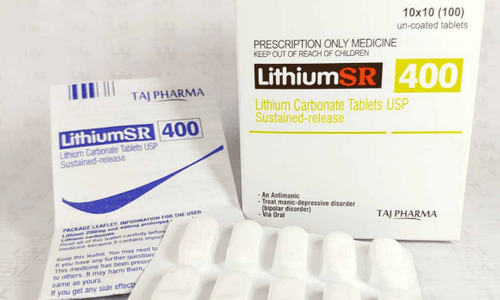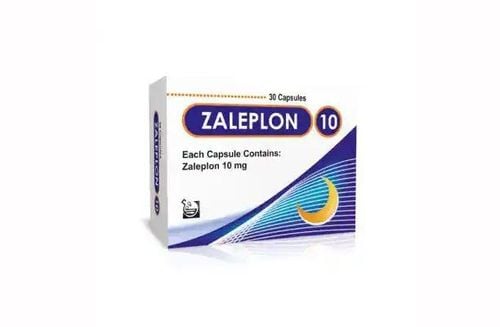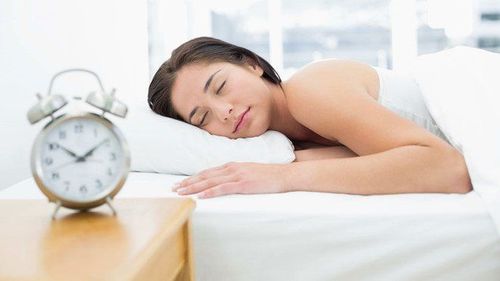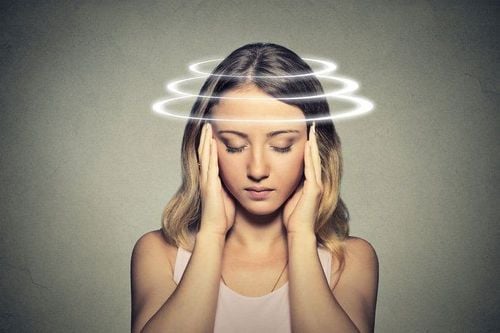This is an automatically translated article.
Why always feel awake and tired at certain times of the day? That's thanks to the wake/sleep balance and the body's circadian clock. This system helps determine the body's motivations and sleep needs at any given time.
1. Balance of wake/sleep and need for rest
The wake/sleep balance does not work alone, but works in conjunction with the biological clock in regulating sleep schedules. You may feel most alert in the morning, with your level of alertness gradually decreasing until noon, after a nap, the feeling of alertness returns. Alertness and sleepiness take turns working according to the body's physiological needs.
2. The need for rest and the Circadian rhythm
The body's circadian clock combines with the wake/sleep balance with the support of signals from the environment such as sunlight to help the body function and rest properly. Thanks to circadian rhythms, alertness levels decrease and increase every 24 hours.
Normally, the body will feel tired in the early afternoon and after midnight. Fatigue increases with lack of sleep and decreases with adequate sleep.
Most of the human body's biological clock follows the laws of sunlight. Therefore, exposure to a lot of light at night can disrupt your circadian rhythm, making it difficult to fall asleep.
3. What controls the Circadian rhythm?
How can the body tell the time of day? The body's circadian clock is controlled by a part of the brain called the Suprachiasmatic Nucleus (SCN), also known as the superior diagonal nucleus. What is the suprachiasmatic nucleus? It is a group of hypothalamic brain cells responsible for responding to light-dark signals.
When the eye perceives light, the retina sends a signal to the SCN. The SCN then induces a cascade of hormone production and suppression responses involved in body temperature regulation, appetite, sleepiness, etc.
Every morning, when sunlight shines on, body temperature will start to rise, cortisol is secreted to increase alertness level. In the evening, when the sunlight has turned off, melatonin levels increase, causing body temperature to drop. Melatonin remains high throughout the night, promoting sleep.
In the presence of light, the SCN will respond by inhibiting melatonin production. This explains why at night, watching light-emitting devices such as computers, phones, and TVs makes it harder to fall asleep.
MORE: How does blue light affect sleep?

Cân bằng thức/ngủ hoạt động kết hợp với đồng hồ sinh học
4. Does sleep change in old age?
For most people, circadian rhythms change at three key points in life - childhood, adolescence, and old age.
Newborns have not yet developed their circadian rhythms, so they need up to 18 hours a day, divided into short periods to sleep. Circadian rhythms begin to develop when babies are about 4-6 months old. At that time, the gap between the children's sleep is getting bigger and bigger.
In adolescence, most young people often go to bed late. You may feel more awake at night and have trouble falling asleep before 11 p.m. because melatonin levels rise slowly. If you have trouble sleeping or lack of sleep causes a decrease in your ability to concentrate while studying, try to sleep earlier at night.
As we age, the biological clock begins to lose its consistency. Older adults tend to get tired earlier in the evening and wake up earlier in the morning. This can cause sleep deprivation and cognitive decline. People with Alzheimer's disease, dementia or other neurodegenerative diseases also have worse sleep changes.
5. What happens when the wake/sleep stretch and circadian clocks stop working?
Sleep/wake imbalance and circadian rhythm disturbances can disrupt activities of daily living. You may feel sleepy during the day and awake at night. This often happens to someone who often works night shifts and travels across many different time zones.
Working a lot of the night shift can cause sleep imbalance, mood problems, increased risk of work accidents, hormonal imbalances related to cortisol, testosterone and melatonin levels.
Circadian rhythms can be adjusted by following regular sleep and wake times, sleeping for 7 hours or more each night, adjusting mealtimes, caffeine intake, considering light therapy.
Please dial HOTLINE for more information or register for an appointment HERE. Download MyVinmec app to make appointments faster and to manage your bookings easily.
Reference source: sleepfoundation.org













